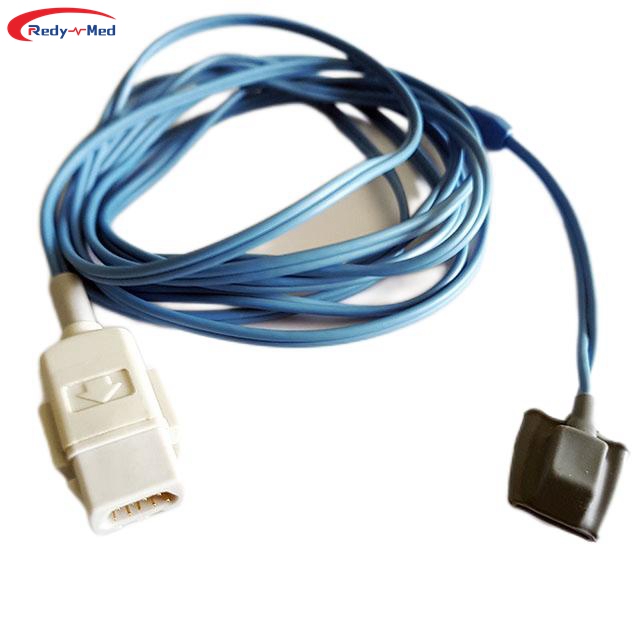
The role and value of blood oxygen saturation sensor in sports training
2024-03-21 00:04:21
Enhancing athletic performance and optimizing training with blood oxygen saturation sensor

Sports training has evolved significantly over the years, with athletes and coaches constantly seeking innovative ways to enhance performance and optimize training methods. One vital tool that has become increasingly popular is the blood oxygen saturation sensor. This device plays a crucial role in monitoring and improving athletic performance by providing valuable insights into an athlete's physiological responses during physical exertion.
Accurate monitoring of oxygen levels during exercise
One of the primary roles of a blood oxygen saturation sensor in sports training is to accurately measure the levels of oxygen in an athlete's blood during exercise. By providing real-time data on oxygen saturation, athletes and trainers can gain a better understanding of how efficiently their bodies are utilizing oxygen during physical activity. This information is essential for developing personalized training programs and optimizing performance.
Preventing overexertion and injury
In sports training, pushing the limits is often necessary to achieve optimal performance. However, it is crucial to find the right balance and avoid overexertion, as it can lead to fatigue, muscle strain, and even serious injury. The blood oxygen saturation sensor helps athletes and trainers monitor oxygen levels and detect early signs of overexertion. By tracking oxygen saturation, athletes can make informed decisions about when to push harder or when to take a break, thereby reducing the risk of injury and enhancing overall performance.
Measuring the effectiveness of training methods
Training methods can vary significantly from one athlete to another, and finding the most effective approach can be challenging. However, with the help of a blood oxygen saturation sensor, trainers can measure the effectiveness of different training methods. By monitoring oxygen saturation levels during specific exercises or training regimes, trainers can evaluate which methods are delivering the desired physiological responses and adjust training programs accordingly. This data-driven approach ensures that athletes are training in the most efficient and effective ways, leading to improved overall performance.
In conclusion, the blood oxygen saturation sensor plays a crucial role in sports training by accurately monitoring oxygen levels during exercise, preventing overexertion and injury, and measuring the effectiveness of training methods. With this powerful tool, athletes and trainers can gain valuable insights into their physiological responses, optimize their training programs, and ultimately enhance performance. Embracing technology in sports training has proven to be a game-changer, revolutionizing the way athletes prepare and train for peak performance.
Get the latest price? We'll respond as soon as possible(within 12 hours)




